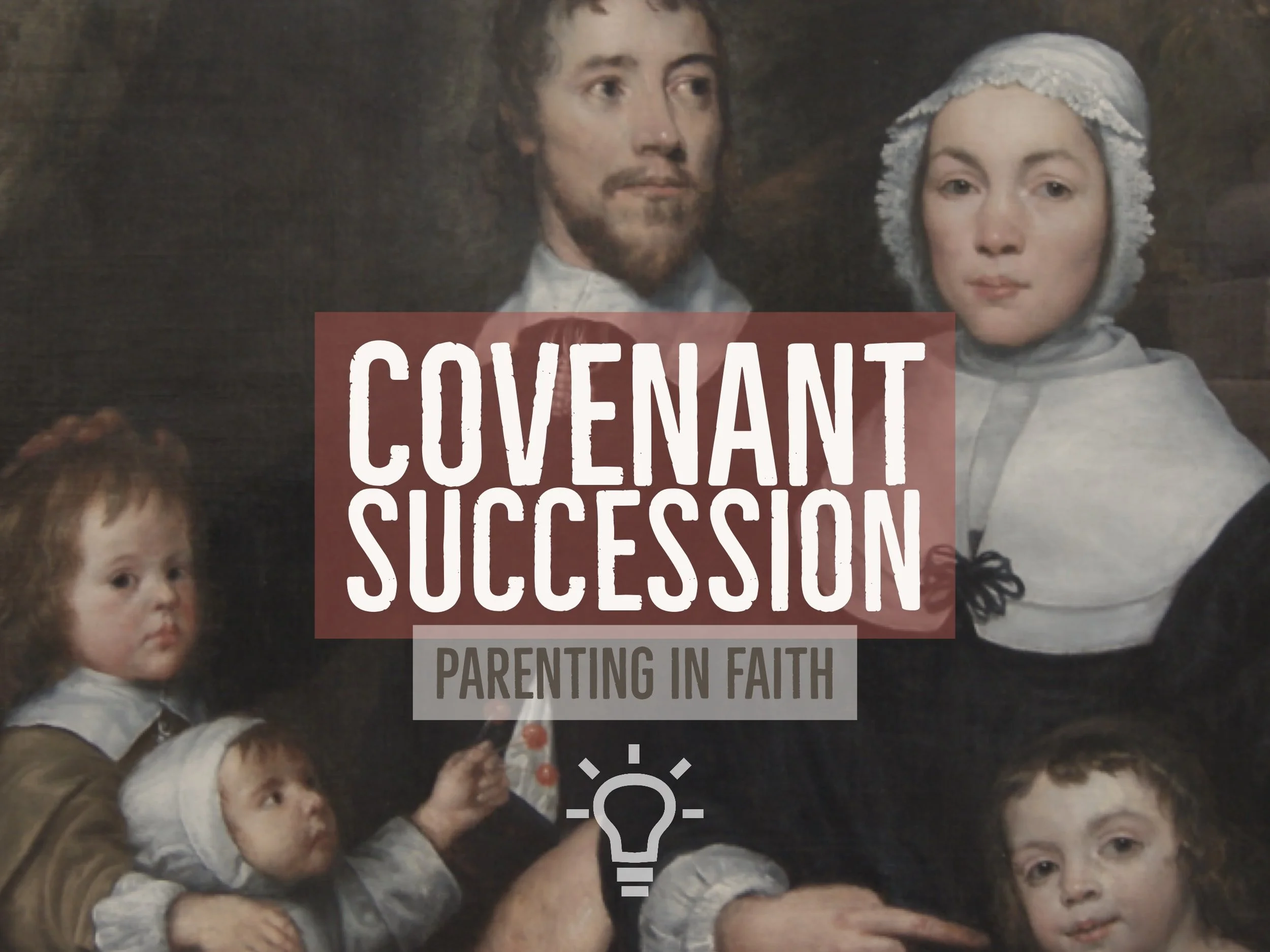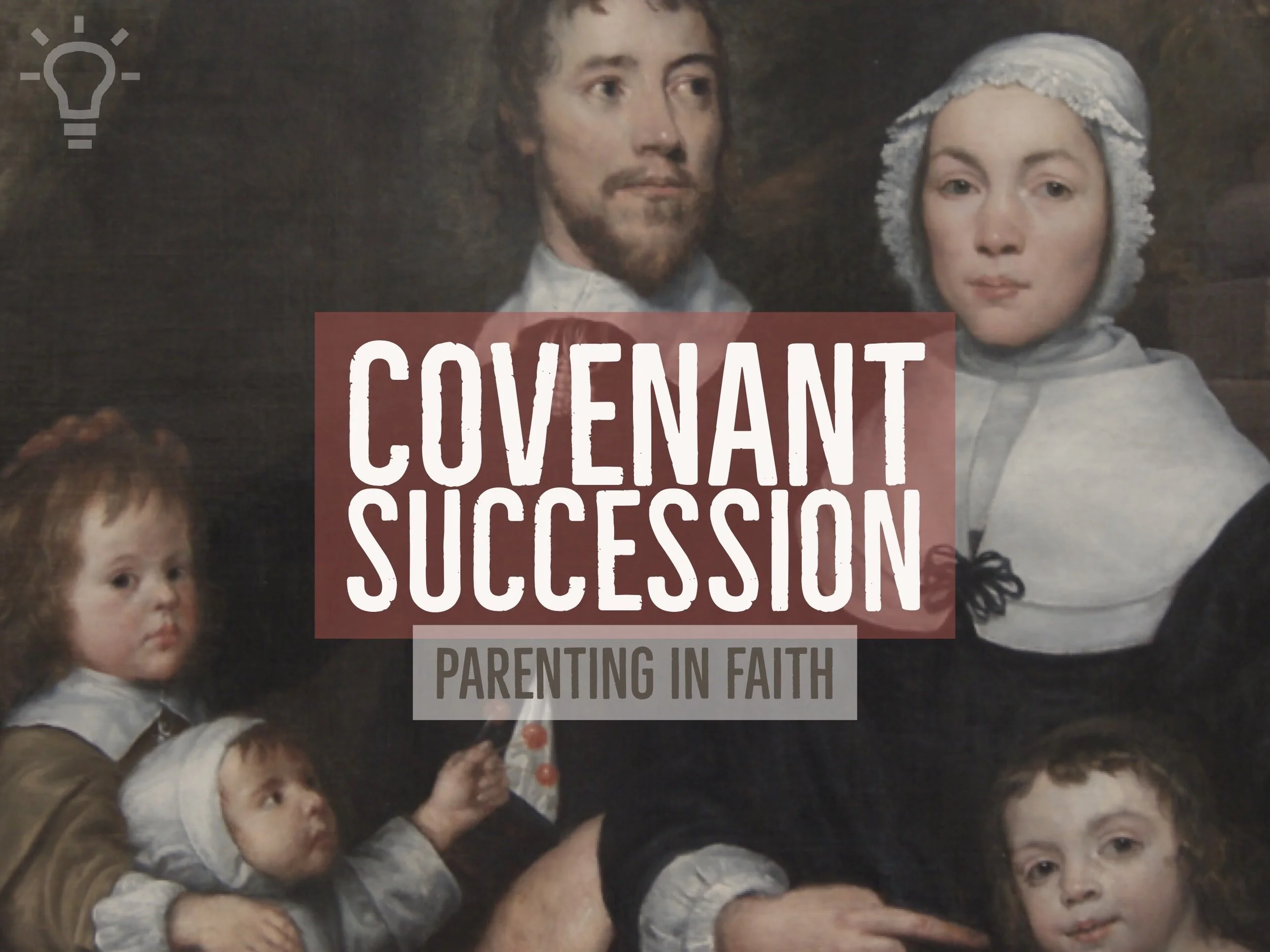


Covenant Succession: Parenting In Faith
The doctrine of covenant succession (whether or not I knew it by these terms exactly) drew me to the reformed faith. The language of sonship, of heirs, of family, of promise, of generations, of covenant, stood in stark contrast to casting a lot and hoping it just happens to land in the lap. Nurturing our little ones in the faith rather than herding them towards it.
Use our archive link above to find all of our available blog content, or search for your topic or author of interest.
Featured Posts
We need not reinvent Christianity or carve out ever-smaller enclaves to prove our faithfulness. We do not need to imitate the liberal order’s obsession with identity and control. We can return to nature, heritage, tradition, fathers, and our faith. Sectarian comfort is a false security for a people who have forgotten how to receive life from God’s hand. It will take Christian courage in an age of liberals and sects to grow deeper roots and provide a more secure and fruitful future.
Follow us on social media:





















